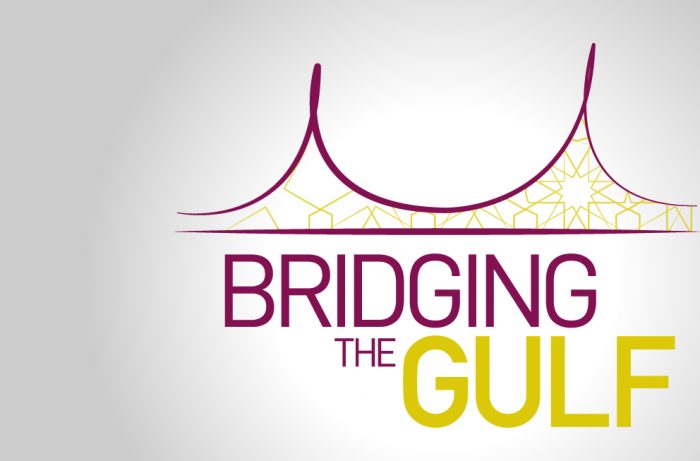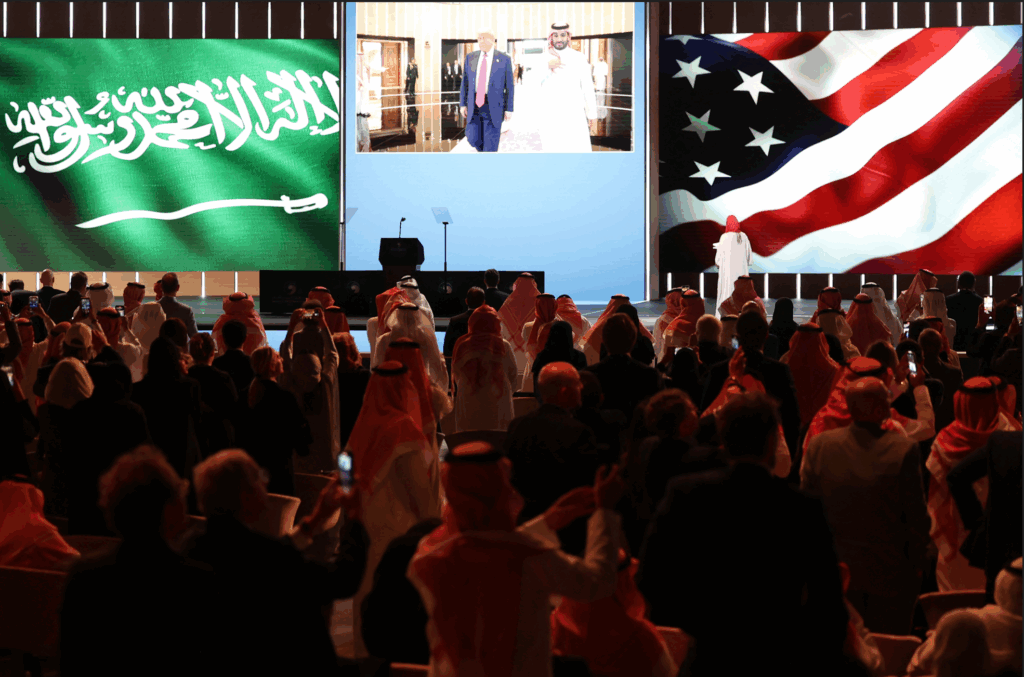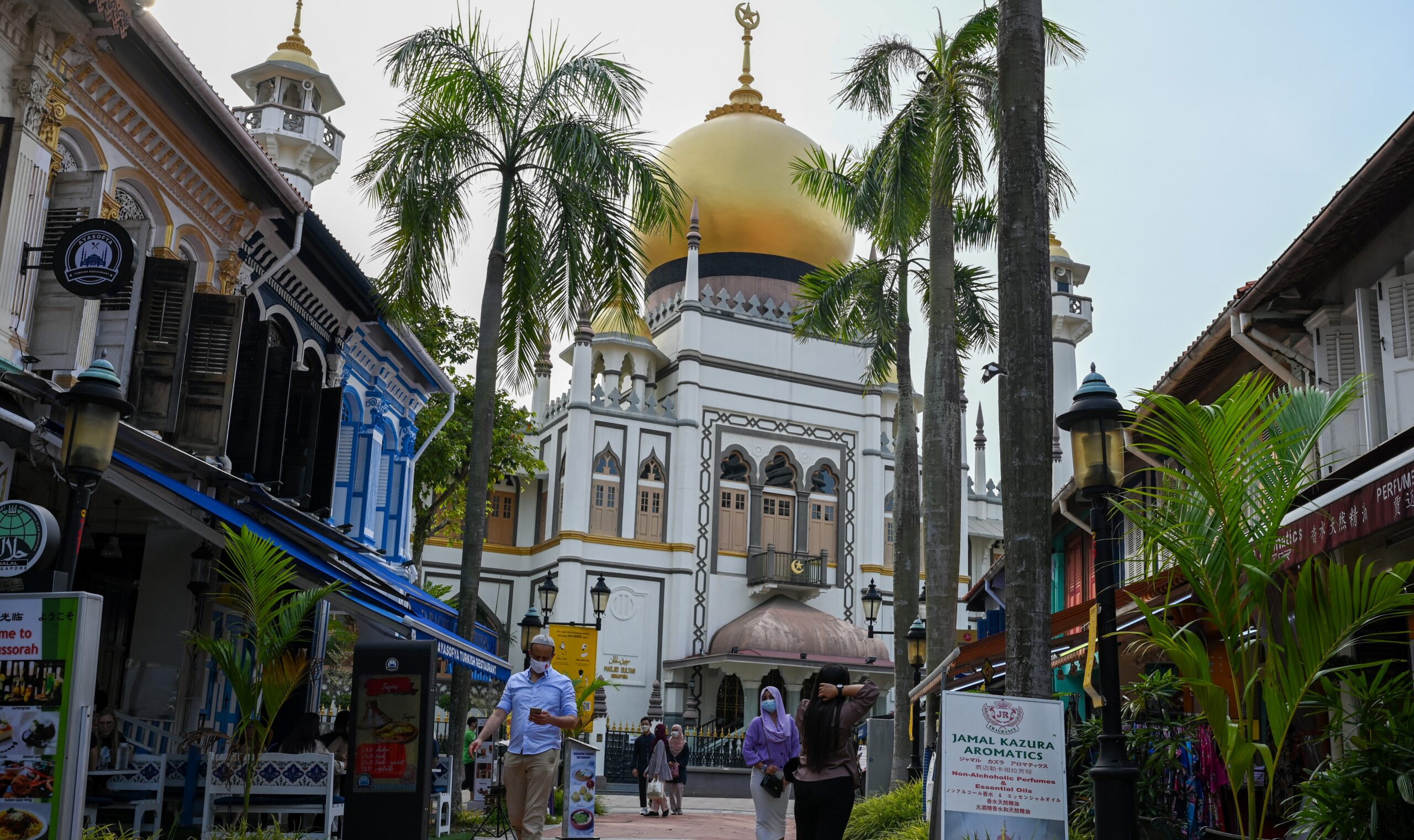
- 13 Nov 2024
[MEI Salon Series] Tradition within Modernism: Mosque Architecture under Singapore’s Mosque Building Fund

The Middle East Institute invites you to MEI Salon, a series of special events conducted in a casual relaxed setting aimed at making Middle Eastern culture more accessible to everyone. We strip away the academic jargon, and keep things light-hearted and interactive with topics that range from the sublime to the ridiculous.
. . . . . .
Between 1977 and 1983, the first phase of Singapore’s Mosque Building Fund (MBF) played a pivotal role in shaping the architectural and social evolution of local mosques. The MBF exemplifies the state’s pragmatic governance and approach to secularism, balancing religious autonomy with social cohesion and urban development. Mosque construction during this period emerged from a collaborative process involving the Islamic Religious Council of Singapore (MUIS), the Housing Development Board (HDB), and the Mosque Building Committee (JPM), ensuring mosque designs balanced religious needs with urban planning goals.
Local mosque architecture reflects regional styles and cultural influences, with distinct Southeast Asian elements. Despite these design differences, the spiritual essence remains unified within the global umma (Muslim community). Traditional elements — such as domes, minarets, and arches — were reinterpreted through modernist ideas. These shifts align religious spaces with Singapore’s urban development goals, while preserving Islamic identity within a multicultural context.
The MBF mosques — such as Masjid Muhajirin (1977), Masjid Assyakirin (1978), and Masjid An-Nur (1980) — illustrate how these buildings evolved into multi-functional spaces. They serve not only as places of worship, but also as community hubs that accommodate education and social activities. This evolution reflects Singapore’s unique approach to balancing religious expression with secular governance to foster social cohesion.
The Middle East Institute hosted Hadi Osni, a scholar in architectural and urban history, to provide insights into how Singapore navigated the terrain of religious freedom, social cohesion, and urban development — all within the context of mosque architecture.
This event was conducted both in-person and online via Zoom on Wednesday, 13 November from 3:00 PM to 4:30 PM (SGT).
Watch the full talk here:
Listen to the full event here:
Photo credit: The Sultan Mosque is seen as people walk past restaurants in the Arab Street district during Eid al-Adha in Singapore on July 20, 2021. (Photo by Roslan Rahman / AFP)
About the Speakers
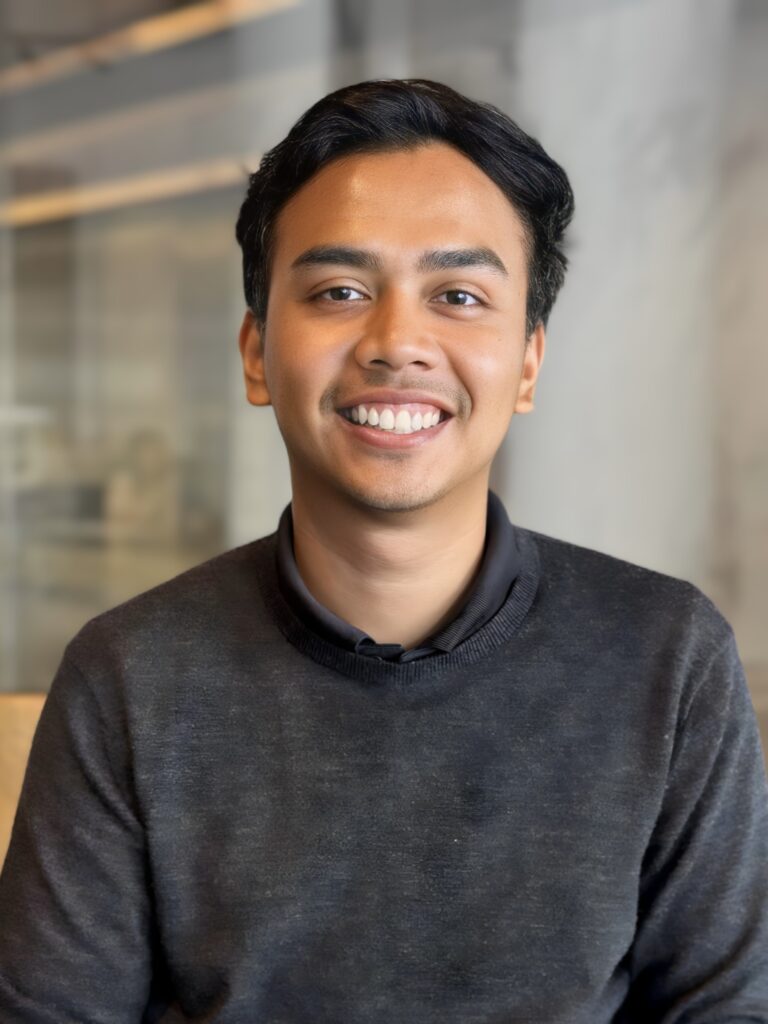
Scholar in architectural and urban history
Dr. Hadi Osni is an independent researcher with interests in architectural and urban history, as well as community heritage. He earned his PhD in Architecture from the National University of Singapore (NUS) in 2023. Previously, as a Senior Community Researcher at My Community, he led participatory research, cultural mapping, and GIS projects. Currently serving as an Assistant Curator at the Malay Heritage Centre, Dr. Hadi curates exhibitions and fosters community engagement to promote cultural understanding and appreciation.
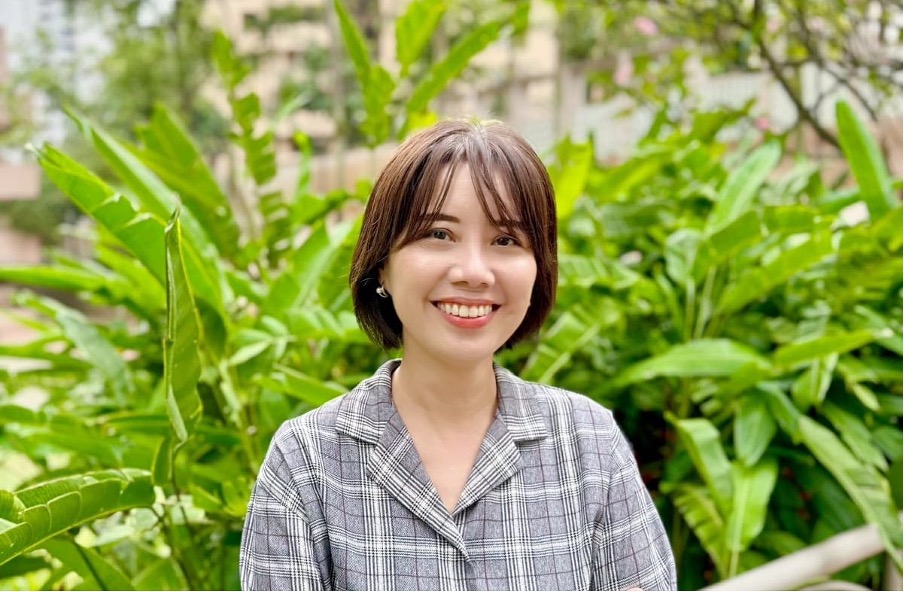
Research Associate
Middle East Institute, NUS
Evangeline is a research associate at Middle East Institute, National University of Singapore. Prior to her current role, she spent a large part of her career in learning and development, focusing on workplace learning and action research projects. She is particularly interested in exploring the traditional and emerging alliances within the geopolitical landscape of the Middle East. Evangeline holds a bachelor’s degree in communication studies and a master’s degree in Asian studies from Nanyang Technological University.
Event Details
NUS Central Library Seminar Room Level 4
12 Kent Ridge Crescent, Singapore 119275
2. via Zoom

